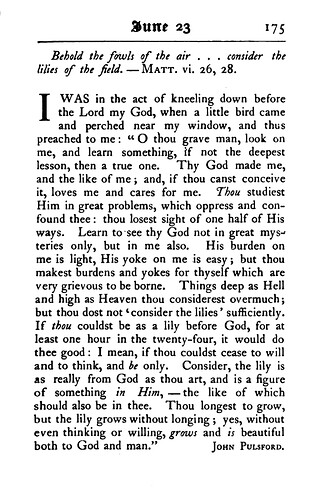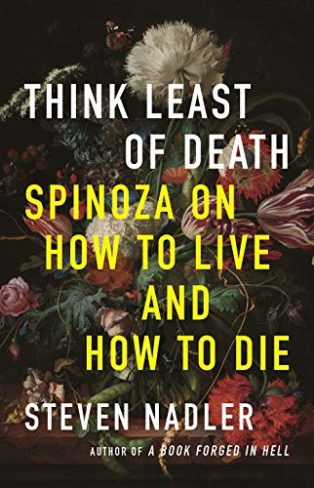I love Spinoza. I picked him up as a “mascot” so to speak a while back because I thought his life and work represents my own core values.
In his early twenties, he was expelled from his (Jewish) religious community in Holland. Not much is known about why, but a safe assumption is that it had to do with his religious ideas (or lack thereof). You can google “the text of Spinoza’s excommunication” to read the actual document officiating his cherem. It’s wild stuff.
He was later expelled from Amsterdam on account of pressure from his Jewish community. He was even assaulted by someone bearing a knife who shouted “heretic!” while he stood on the steps of a synagogue. He turned down a position teaching at a prestigious school to continue working single-mindedly produce two of his greatest works: Ethics and The Theological Political Tract while supporting himself working as a lens grinder. Both of the aforementioned works were published posthumously and immediately banned across Europe upon publication.
Much of this had to do with Spinoza’s notions that “God” was not human-like in any way. In fact, Spinoza’s God was pretty indistinguishable from what a contemporary scientist would call “nature.” God was not a being with free will to Spinoza. Everything happens due to prior causes. That was Spinoza’s mantra. And contemporary science pretty much assumes Spinoza from the outset.
To Spinoza, God was a natural force; nothing more, nothing less. Any religious tradition that said otherwise (ie. that he was a thinking being who was foremost concerned with human issues), was more likely engaging in superstition rather than any credible observation about reality.
From wikipedia: Spinoza believed in a “Philosophy of tolerance and benevolence” and actually lived the life which he preached. He was criticized and ridiculed during his life and afterwards for his alleged atheism. However, even those who were against him “had to admit he lived a saintly life.” Besides the religious controversies, nobody really had much bad to say about Spinoza other than, “he sometimes enjoyed watching spiders chase flies.”
I think Spinoza qualifies for admission into the “Socratic school” even though he didn’t willfully drink hemlock for the sake of philosophy. But he did the next-best thing. He sacrificed a comfortable place within society to instead speak the truth as accurately as he could from his hermitage. His views were very unpopular. He likely died as a result of a condition established by his working as a lens grinder and spending so many hours around glass dust.
I think we need tireless workers, like Spinoza, to truly advance our ideas. Falsehood isn’t the only enemy of truth. Established norms (even though their truth-status is vague) can be just as much a hindrance to understanding the truth as ignorance is.
Spinoza was wise enough not to let his cherem define him. He kept working towards the truth, the thing that he saw from the beginning… and kept analyzing it until it came into clarity.
Spinoza’s story reminds us that it isn’t always unholy forces that keep us from the truth. Sometimes it’s just plain established dogma that keeps us all in bondage to the social organism.


